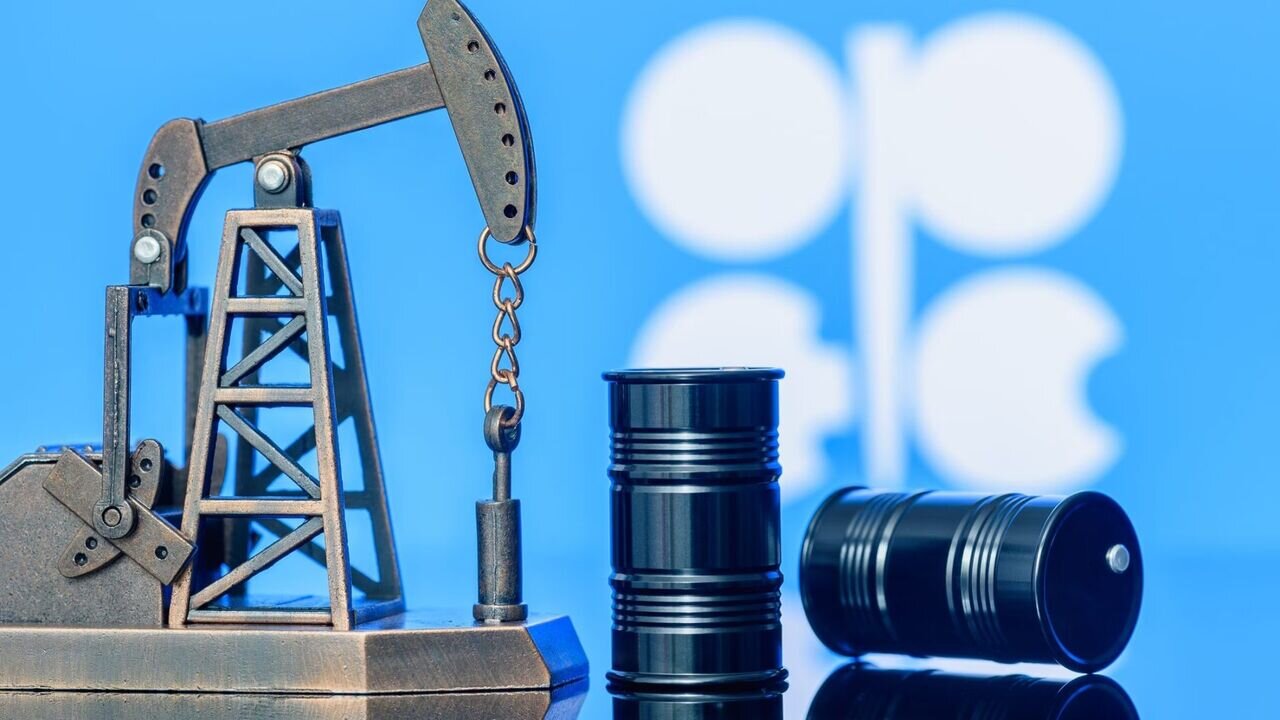Iran posts largest oil revenue gain among OPEC members in 2024

TEHRAN — Iran’s oil revenues surpassed $46 billion in 2024, marking a year-on-year increase of over $5.6 billion, or 14 percent, according to the latest data from the Organization of the Petroleum Exporting Countries (OPEC).
Figures published in the 60th edition of OPEC’s Annual Statistical Bulletin show that Iran recorded the highest growth in oil export earnings among the group’s members in 2024.
Iran’s oil export revenues rose from approximately $41.1 billion in 2023 to more than $46.7 billion in 2024. Venezuela followed with a jump from $13.1 billion to $18.4 billion over the same period.
Only four OPEC members — Iran, Venezuela, Nigeria, and Equatorial Guinea — posted gains in oil income in 2024. Nigeria’s revenues rose by $1.0 billion, while Equatorial Guinea saw a modest increase of $39 million.
In contrast, total oil export earnings for OPEC declined by four percent, falling from $678 billion in 2023 to around $652 billion in 2024.
Saudi Arabia’s oil revenues dropped sharply by more than $24 billion to $223 billion, while Kuwait’s earnings fell by $9.0 billion to roughly $69 billion.
The rise in Iran’s oil revenue reflects a broader trend of increased output and exports despite U.S. sanctions. According to recent official data, Iran’s crude oil production has reached over 3.6 million barrels per day (bpd), up from around 2.5 million bpd two years earlier. Oil Minister Mohsen Paknejad has said Iran aims to reach 3.8 million bpd in the near term.
Exports have also climbed significantly, with some estimates indicating that Iran is currently exporting over 1.6 million bpd, the highest level since the reimposition of U.S. sanctions in 2018. China remains Iran’s main customer, often receiving shipments under various pricing and payment arrangements.
Tehran has ramped up investments in upstream oil projects and infrastructure, including enhanced recovery from mature fields and the deployment of advanced drilling technology. Iranian officials have also credited increased efficiency at export terminals and stronger regional energy diplomacy for boosting sales.
Despite sanctions, Iran continues to find ways to monetize its crude, often through non-traditional channels, regional intermediaries, and barter trade involving petrochemicals, food, and other goods. Analysts say these practices have helped Tehran stabilize its oil revenue stream while evading enforcement mechanisms.
The sharp contrast between Iran’s revenue growth and the broader OPEC downturn highlights the country’s resilience in adapting to geopolitical and market challenges — as well as its determination to reclaim market share amid shifting global energy dynamics.
EF/MA
Leave a Comment